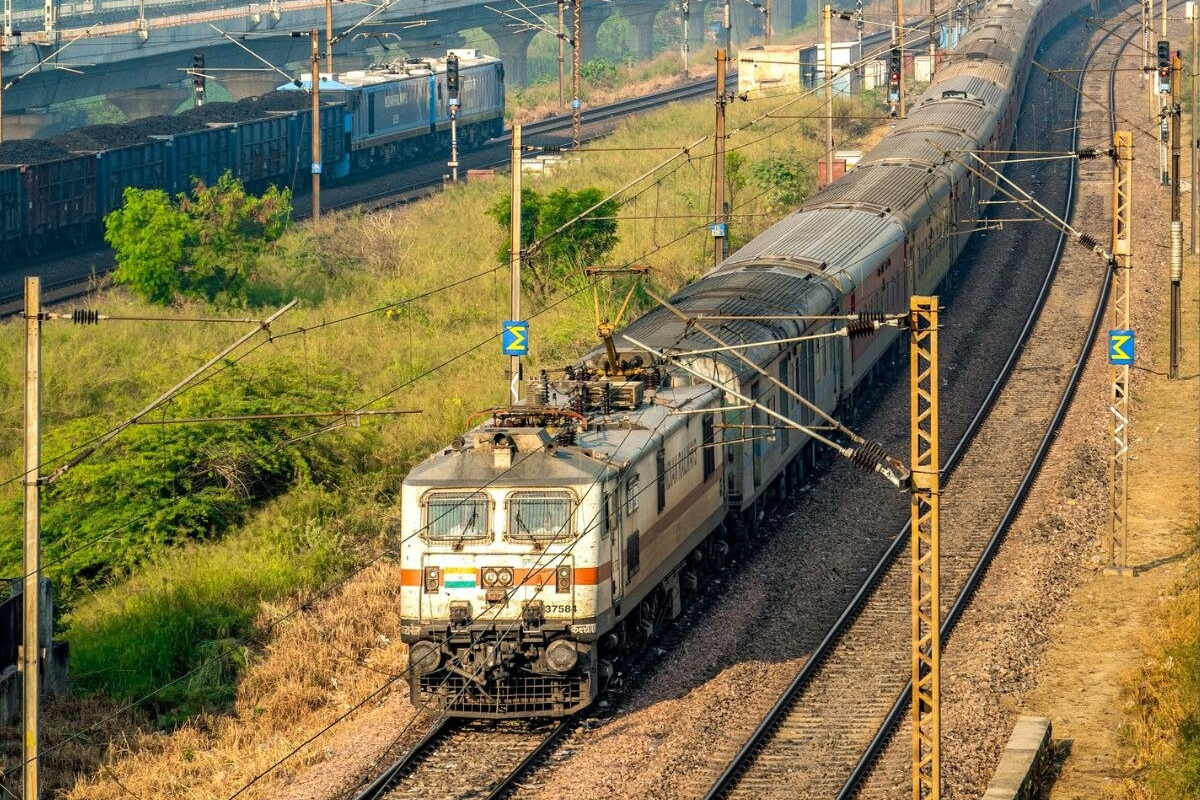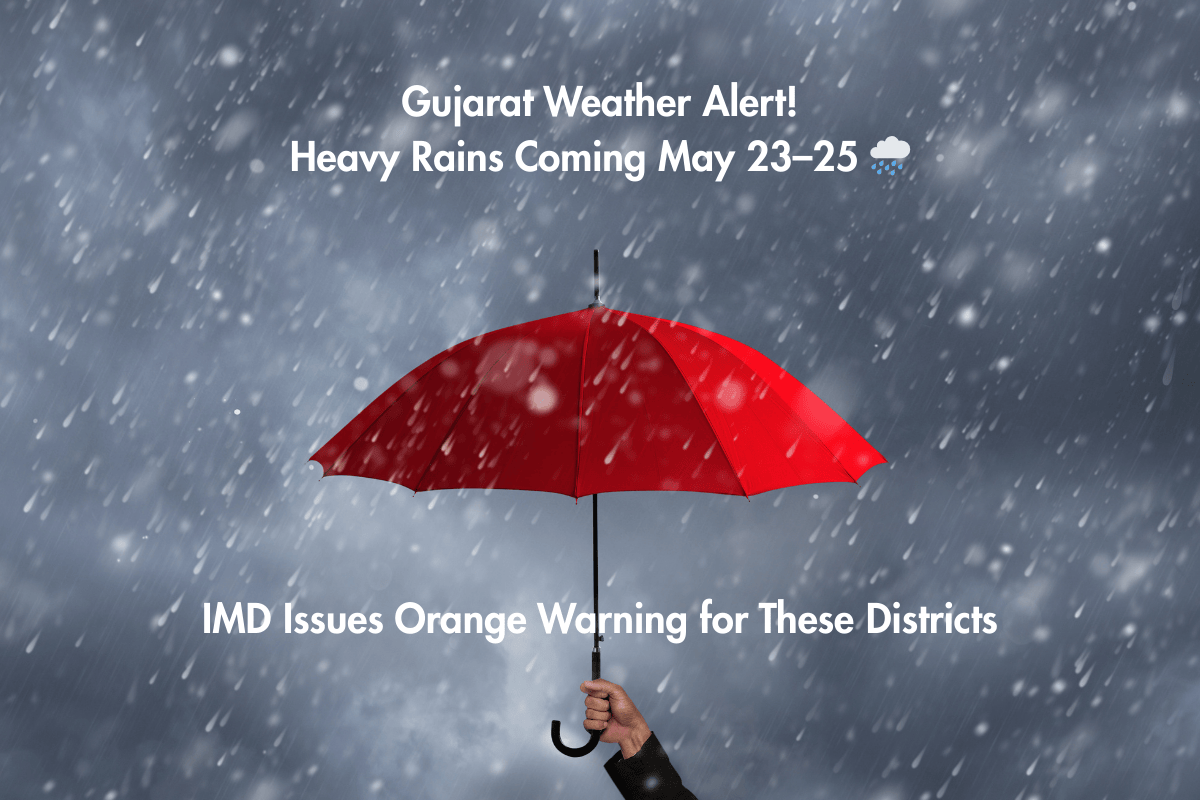Good news is coming for railway passengers. Indian Railways is planning a big change in the refund rules for cancelled tickets. Currently, if a passenger books a ticket and it stays in the waiting list, and later cancels it, they do not get a full refund. This is because the Railways charge a clerk fee while refunding the amount. This fee ranges between ₹30 to ₹60 depending on the class. This makes passengers suffer twice – their ticket is not confirmed, and even then, they don’t get their full money back.
Now, to reduce this burden, Indian Railways is thinking about removing this cancellation charge. If approved, passengers will get a 100% refund if their waiting list ticket does not get confirmed.
How Much is the Cancellation Charge Currently?
Reports say there has been a long debate about this fee. The cancellation charge varies based on the train class:
- 2S class: ₹30
- Sleeper class: ₹60
- AC & other classes: ₹60 + GST
Passengers often complain that even when the ticket is automatically cancelled because of non-confirmation, the Railways still deduct this charge. A proposal has now been sent to the Railway Department to remove this charge. If accepted, passengers will no longer face da deduction on cancelled waiting tickets.
Even IRCTC Charges This Fee
This fee is also applied while booking from the IRCTC portal. If the ticket remains on the waiting list, IRCTC automatically cancels it and refunds the amount after deducting cancellation charges. Only a part of the fare is returned as the clerk’s fee, and some additional charges are kept.
Railways’ Earnings Show Huge Profits
Indian Railways is earning a record income. In the financial year 2025, Railways earned around ₹2.7 lakh crore. This includes ₹1.75 lakh crore from freight services, and a rise in passengers to 735 crore.
Apart from passenger and freight income, the Railways is also earning from ticket cancellations. A Right to Information (RTI) reply revealed that between 2020 and 2023, the Railways earned ₹6,000 crore just from cancellation charges. After this data came out, people are questioning the fairness of charging passengers for tickets that were never confirmed.



